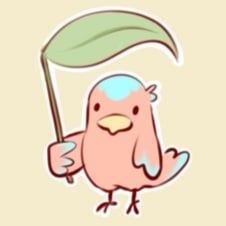While that one guy with the tall head was intentionally silly, I think I’m struggling most with proportions. I’m using a reference image for most of these, but none of the end results look much like the people in the photos. I’m also not using a grid as I’m doing this all with pen. I know I’ll eventually get it with practice, but is there anything specific I could try?


I don’t draw, but I think a lot of the facial sexual dimorphism in people isn’t real. The same features that appear masculine in some populations or cultures appear feminine in others. A bunch of recognizing masculinity or femininity is probably based on archetypes and other signaling features.
In western media women are presented as younger than men, so lots of the features we recognize as feminine like having a smaller nose are really features of being younger. (And also why nose jobs are popular - not only do they make you match a societal beauty standard, they also make you look like your own memories of yourself)
The really observable facial secondary sex characteristics are darkening of hair pigmentation and increased sebum production in men. In art those would probably show up more in shading than line drawing. Feminine makeup in response to those things is kind of a mixed batch. There’s adding shading to the face in places that wouldn’t be darkened by facial hair, like cheeks or under the eyes, which might exaggerate sex linked appearance. Similarly trimming eyebrows to reduce the appearance of darkened facial hair. But there’s also markup to darken and thicken eyebrows, makeup to lighten cheeks instead of darken them, and makeup to add a more oily, glowing appearance.